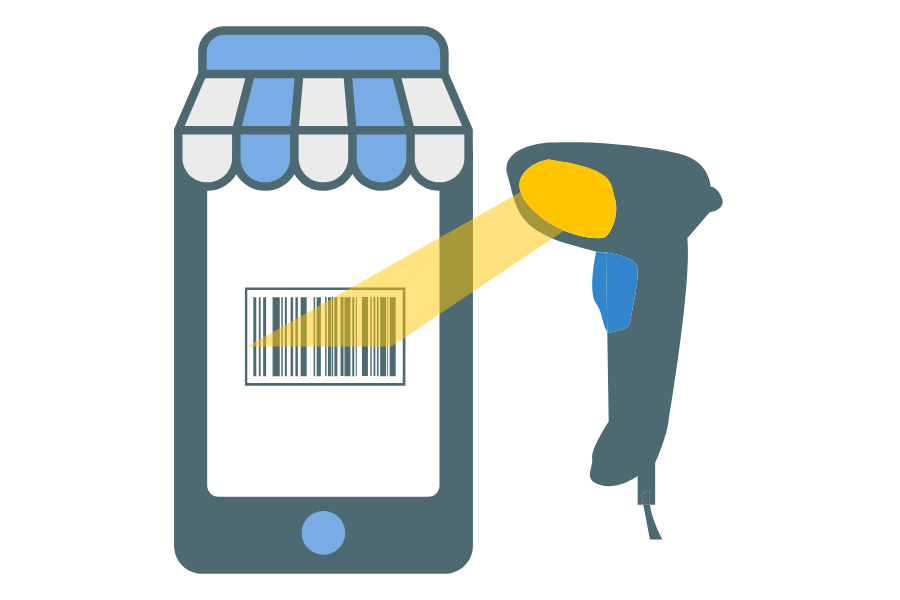Legal Requirements to Sell Products Online in the UK
Entering the online marketplace is an exciting move for any UK small business—but it also comes with legal responsibilities you can’t afford to ignore. Whether you’re just starting or scaling up your ecommerce presence, understanding the requirements to sell products online in the UK is key to staying compliant and protecting your business.
From tax registration to transparency with your customers, here’s what every UK online seller should know—especially if you’re working with or considering accounting services in the UK to keep your records clean and compliant.
1. Stay Compliant with UK Consumer Protection Laws
The Digital Markets, Competition, and Consumers Act 2024 (DMCCA) comes into effect in April 2025, and it brings stricter requirements for online businesses.
Here’s what you need to comply with:
- No fake or misleading reviews: Reviews must be real, verifiable, and not incentivised dishonestly.
- Full transparency in listings: You must include all costs upfront—product price, taxes, delivery, and any surcharges.
- No ‘drip pricing’: Adding hidden charges during checkout is now prohibited.
- No material omissions: Leaving out key information (like cancellation rights) is automatically unfair—even if no harm is proven.
- Penalties: The Competition and Markets Authority (CMA) can now fine businesses up to 10% of global turnover or £300,000 for violations.
2. Register Your Business and Fulfil Tax Obligations
Before selling anything online, you’ll need to register your business with HM Revenue & Customs (HMRC).
Depending on your business structure:
- Sole traders/partnerships: Register for Self Assessment.
- Limited companies: Register for Corporation Tax after forming your business with Companies House.
VAT Obligations:
- Compulsory registration if turnover exceeds £90,000 per year.
- Voluntary registration is possible if beneficial for your business image or supply chain.
Digital Reporting:
- Comply with Making Tax Digital (MTD) rules for VAT and income tax (if applicable).
3. Provide Clear, Accurate Product Information
Under UK law, you’re required to disclose all material details before a purchase is made:
- Your business identity and contact details
- Main features of the product
- Total price with all applicable charges
- Delivery terms, cancellation rights, and refund policies
Make sure your terms and conditions are accessible, easy to understand, and free of unfair clauses.
✅ Counto’s all-inclusive accounting plans for online sellers feature multicurrency support, unlimited transactions, GST submissions, and tax filing—with no hidden fees. Benefit from a dedicated team of experts, including a bookkeeper, Chartered Accountant, and tax specialist. Optimise your e-commerce finances today.
4. Comply with Data Protection Laws
If you’re collecting customer data (names, emails, addresses, payment info), you must comply with:
- The UK General Data Protection Regulation (UK GDPR)
- The Data Protection Act 2018
Your website must:
- Display a clear privacy policy
- Respect consumer rights to access, correct, delete, or object to data use
- Use secure systems for storing and processing data
5. Check for Licensing and Restricted Goods
Most common goods don’t require special licences—but some do. Make sure you’re aware of restrictions before listing items for sale.
Products that typically require licences:
- Alcohol
- Tobacco
- Medicines or supplements
- Hazardous materials
Selling these without proper authorisation can lead to serious penalties.
6. Follow Order and Delivery Regulations
It’s your responsibility to handle orders and deliveries professionally and within legal timeframes.
- Delivery timeframe: Goods must be delivered within 30 days, unless otherwise agreed.
- Contract terms: Inform buyers when the contract is formed and how they can amend or cancel their order.
- Refunds and cancellations: Buyers have rights under consumer law, and you must honour these.
7. Understand Platform Compliance (If Using Marketplaces)
If you’re selling through third-party platforms (like marketplaces), you’ll also need to:
- Understand who collects and reports VAT
- Comply with both platform rules and UK national regulations
Note: Platforms may automatically collect VAT on your behalf, especially if you’re not UK-established.
8. Why Professional Accounting Services Can Help
Running a UK small business while managing legal, financial, and tax responsibilities can be overwhelming.
Here’s how accounting services can support online sellers:
- Track income and expenses accurately, especially with multiple sales channels
- Ensure timely VAT registration and ongoing compliance
- Maintain digital records as required under Making Tax Digital
- Prepare for growth, helping you assess cash flow, inventory costs, and profitability
- Prevent penalties by filing reports and returns correctly and on time
Even if you’re confident doing it alone, a qualified accountant can offer peace of mind and free up time to focus on growing your business.
Summary
Selling online in the UK offers huge potential—but you must meet your legal obligations from day one. Key requirements to sell products online in the UK include registering your business, understanding tax and VAT responsibilities, and complying with consumer and data protection laws.
Whether you’re just starting your UK small business or expanding into ecommerce, staying compliant is not optional. Getting the details right from the start—and leaning on expert support where needed—can help set your business up for long-term success.
Discover how Counto helps online sellers like you save time and money
With an intelligent platform combined with experienced accountants and tax specialists, who are dedicated to helping online businesses achieve greater financial efficiency at an affordable price. Experience a smarter way to outsource your ecommerce accounting with confidence. Speak to us directly on our chatbot, email [email protected] , or use our contact form.







